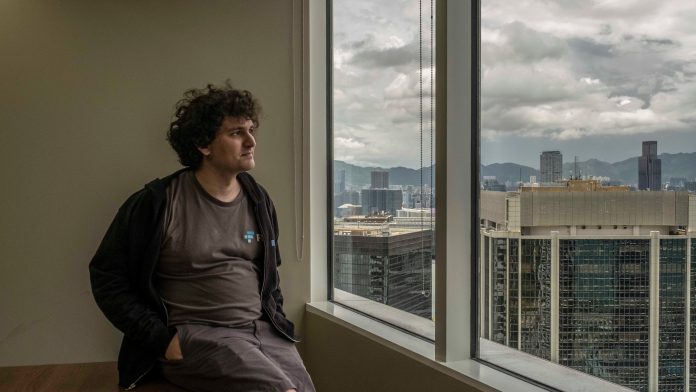
It was but a few months ago that Sam Bankman-Fried was preening about as a god amongst mortals, contemplating which troubled crypto businesses he might pluck from the jaws of insolvency. As FTX now experiences a fall from grace that could exceed the collapse of Terra-Luna, it appears that no one—not even momentarily interested party Changpeng Zhao—is interested in pardoning this turkey crypto exchange.
Withdrawals are frozen. Billions of dollars are locked or vaporized. Satisfactory resolutions are fantasy. We’re told again and again that pruning the landscape will eventually produce a more robust and vibrant sector. Yet this latest development resembles a California wildfire more than a tidy trim. How many more of these catastrophic failures can the larger cryptosphere withstand? How much will this and similar events irrevocably alter public opinion of crypto’s general viability?
Lack of transparency, fuzzy math, and a too-big-to-fail sense of entitlement. Wasn’t distributed ledger technology supposed to liberate us from such relics of the 20th century? We are learning through the price of pain that the answer isn’t so simple. On the one hand, the downfall of FTX changes nothing about the promise of blockchain; that is the promise that we can be freed from the burden of gauging trust. On the other hand, we are not freed from all remaining transactional points of trust. FTX does not sit on a blockchain. FTX is an exchange that is centrally controlled, ergo vulnerable to the same improprieties or whims of fate that could sink any other manmade enterprise.
Numerous exchanges are now seizing upon the people’s need for trust, as well as the vacuum left by FTX. Binance, KuCoin, Kraken, and others are opening or pledging to open their books to demonstrate possession of reliable reserves. BitMEX public key records, for example, indicate it holds sufficient BTC to cover its entire BTC liability. Even in this darkness, opportunity can abide.
The dramatic fall of FTX is still unfolding in real time, and the fallout will certainly be even more dramatic. Uncomfortable introspection must be performed at individual, corporate, and governmental levels. Ideally, the industry will become more stable without becoming too much like the industry it was supposed to supplant. May we take our lumps, learn from the betrayals, and plot a better path forward. That is the timeless call of human endeavor, and that is here to stay.





![[November]Uptober No More](https://coinhubkorea.com/wp-content/uploads/2025/10/Whisk_d78880efb01a730907f4be201effefe1dr-1-100x70.jpeg)
